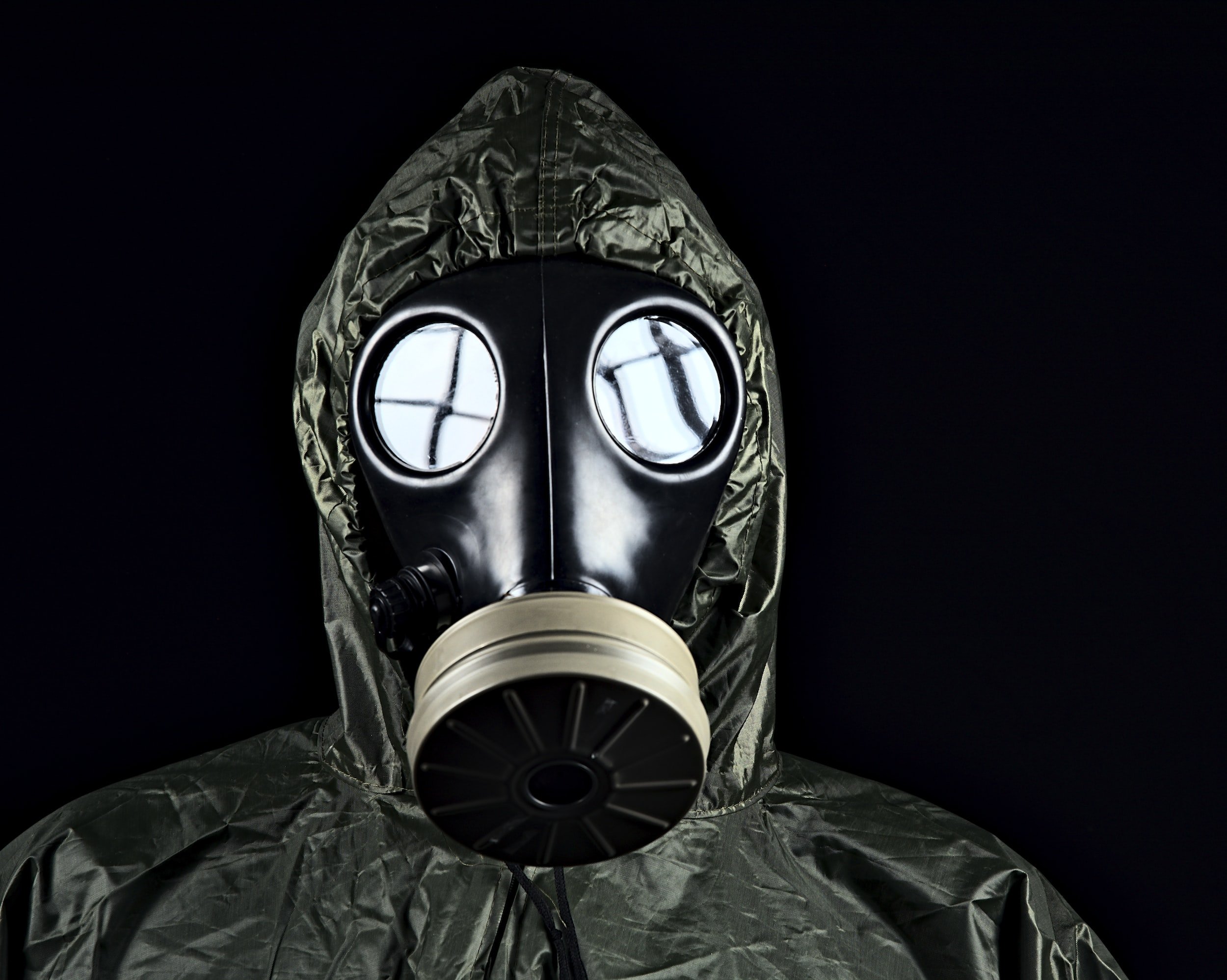




Drivers of Biological Weapons Programmes: The Influence of the Individual on the Japanese Biological Proliferation
Responsible for the death of hundreds of thousands of people between 1932 and 1945 (Li, 2003, p. 289), the Japanese BW programme is still considered unique nowadays, due to the unethical procedures employed and the level of impunity of its perpetrators. Detailed literature exists on the history of the programme and its place in the broader biological warfare history. Scholars extensively explored also the unethical medical research involved, as well as the American cover-ups and limited service of justice (Harris, 2010; Hersh, 1968; Koblentz, 2009; Li, 2003; Nie et all, 2010; Roffey at al., 2002). There seems to be little information, however, on the causal mechanisms that led Japan to embark on this programme in the 1930s.
